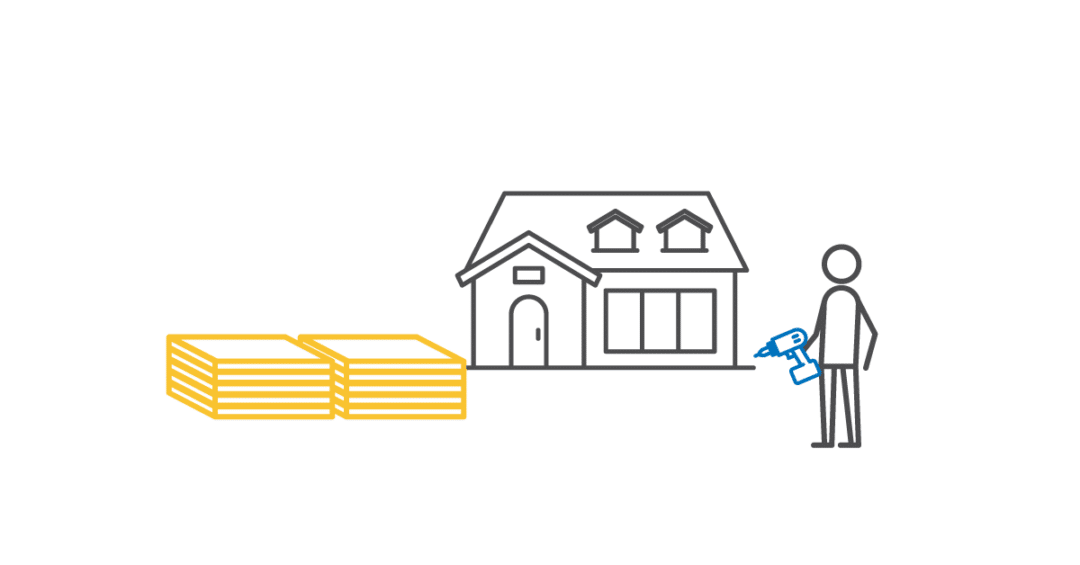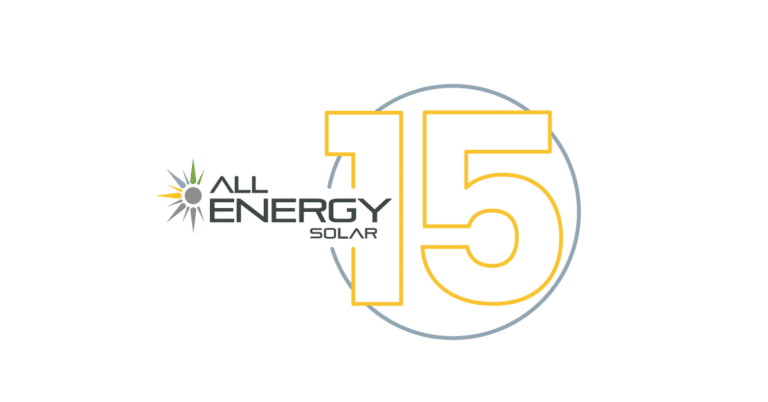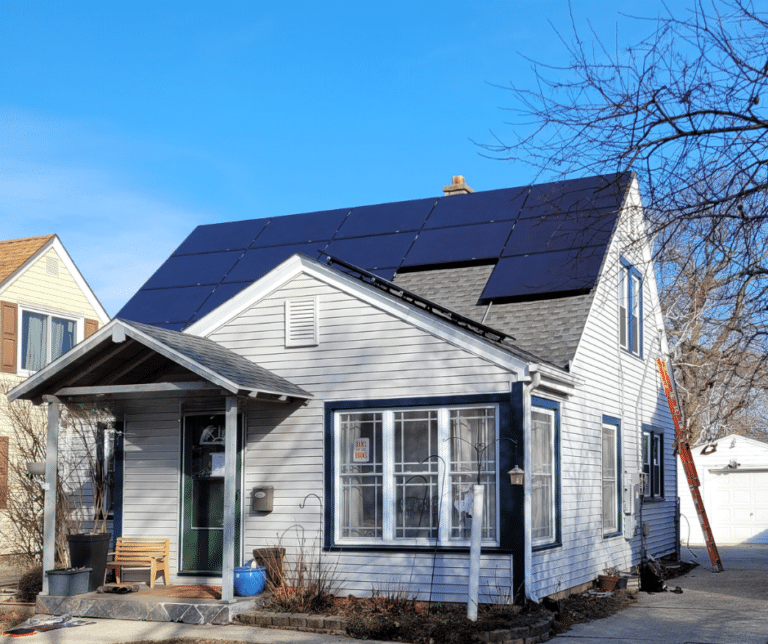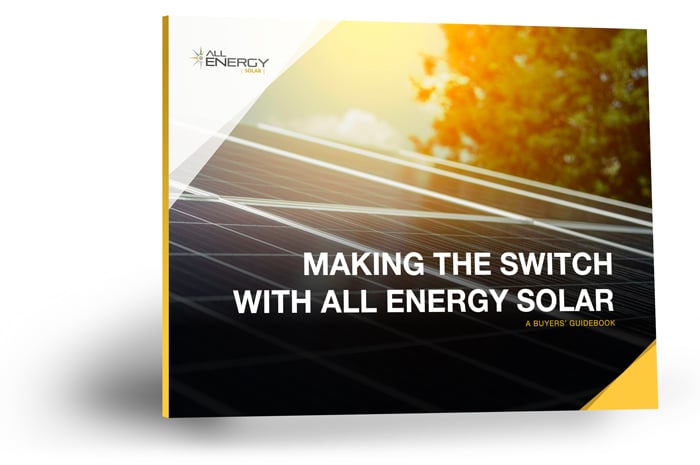So you consider yourself pretty handy and self-sufficient when it comes to household projects—maybe even electrical projects. You’ve begun to research the necessary components to set up a solar array on your house. Perhaps you even already have experience setting up a solar array on an RV or small shed and you’re ready to take it to the next level.

Installing a solar system on your house can be a complex and technically demanding task that requires an impeccable understanding of electrical systems, safety protocols, and local regulations. While you may feel you have the necessary skills and experience to successfully install a solar system yourself, there are several reasons why it might be a bad idea for most homeowners.
Permitting and regulations
Like most electrical work and large-scale home improvements, solar installations require permits and must adhere to local and state building codes and regulations. Professional installers are already very familiar with these requirements and are experts at navigating the permitting process, ensuring your system complies with all legal requirements. One small problem with a permit can easily grow into a setback that could lead to additional delays or, even worse, having to scrap and redo work that has been done already.
Utility relations and interconnection
Solar for a grid-connected home involves interconnection agreements with your local utility company, making it exponentially more complex than a solar installation for an RV or off-grid shed. These agreements outline how your system will interact with the grid, including aspects like net metering (crediting you for excess energy you generate) and have additional technical requirements. Dealing with utility companies and navigating the interconnection process can be complex and time-consuming. Fortunately, solar professionals are already familiar with these processes and can help ensure that your system is properly integrated into the grid. Attempting this on your own will often lead to delays, misunderstandings, or difficulties in setting up a seamless connection between your solar system and the grid.
Time, effort, and research
Installing a solar system is a time-consuming process that requires careful planning, coordination, and execution. Even if you’re a seasoned DIYer with a lot of projects under your belt, it will likely take significantly longer than anticipated. Properly sourcing and installing a solar system involves knowledge of electrical wiring, load calculations, circuit breakers, and other technical aspects such as the latest information on ever-changing equipment and tools needed for a proper installation.
Safety concerns, warranty, and performance
Many solar panel manufacturers and installation companies offer warranties for both the panels and the installation. If you install the system yourself, you might void these warranties, leaving you responsible for any repairs or replacements.
If you already have experience working on DIY electrical projects, you know that working with electrical components and high voltages can be dangerous if not done correctly, but the stakes can be higher when working with larger solar installations where an improper installation can lead to electrical shocks, fires, or other hazardous situations—today or in the future
Efficiency, output, and aesthetic considerations
Proper placement and alignment of solar panels are crucial for maximizing energy production. Professionals can assess your property’s orientation, shading, and other factors to optimize the system’s efficiency.
Experienced installers who know the pitfalls and drawbacks of nearly every mounting situation can also ensure that the panels are placed in a way that is aesthetically pleasing and doesn’t detract from the overall appearance of your home.
Financing and incentives
Lastly, most experienced solar companies are also very familiar with the wide array of financing options available so you can take advantage of available incentives, tax credits, and rebates. These opportunities are not always accessible if you’re doing a DIY installation and they’re changing at a rapid pace. Often just navigating through the ever-changing landscape can be a full-time job.
While many DIY projects can be fulfilling and cost-effective, installing a solar system by yourself is a significant investment that could have long-term implications for your home’s safety, efficiency, and value. Consult with a professional solar installer that has the expertise, tools, connections, and workforce to ensure a safe, efficient, and compliant installation.


